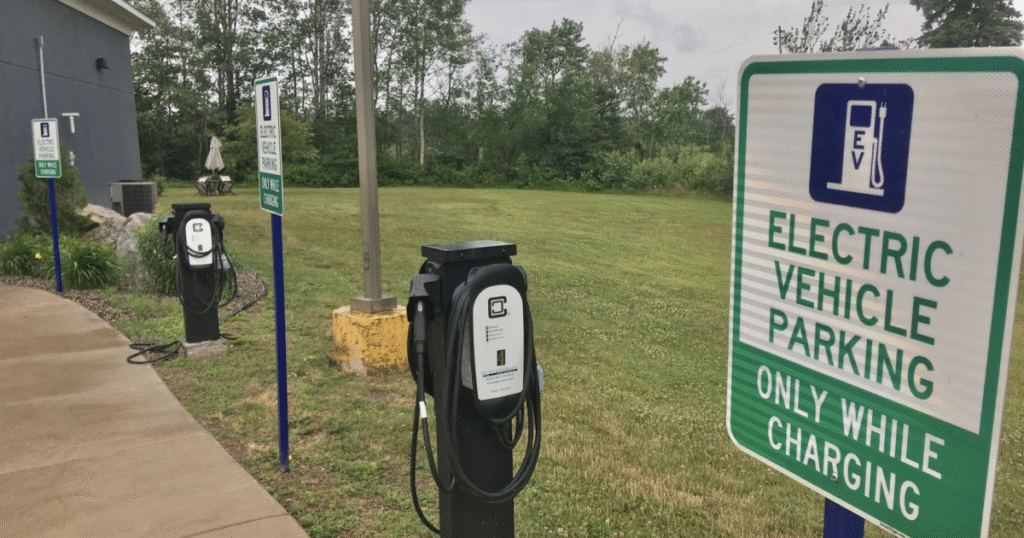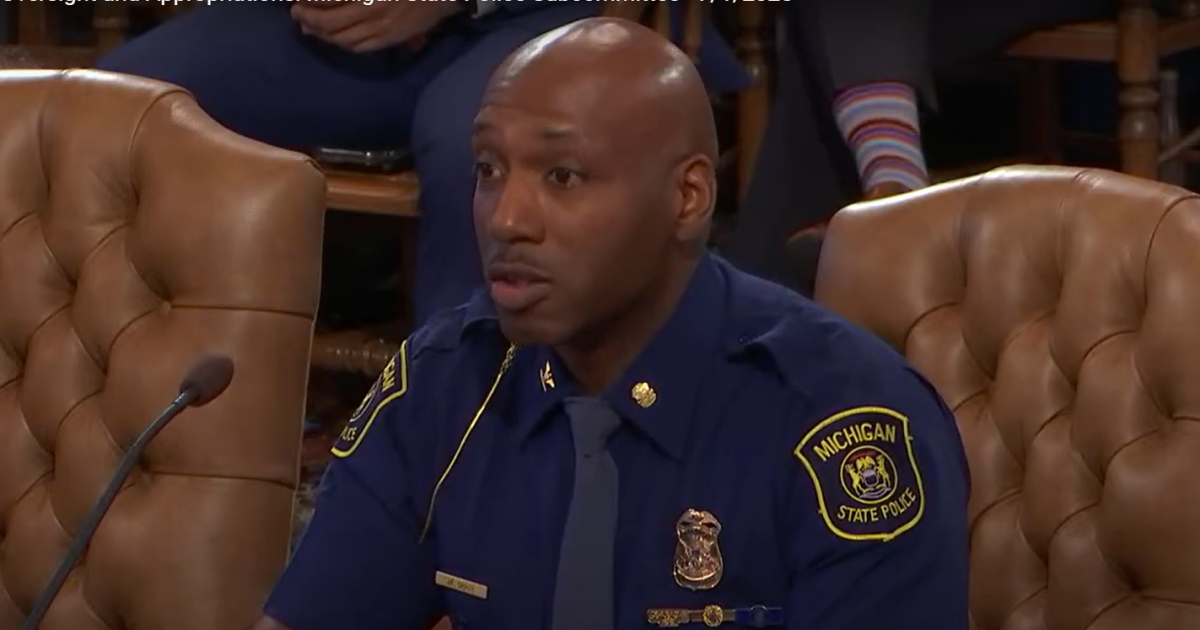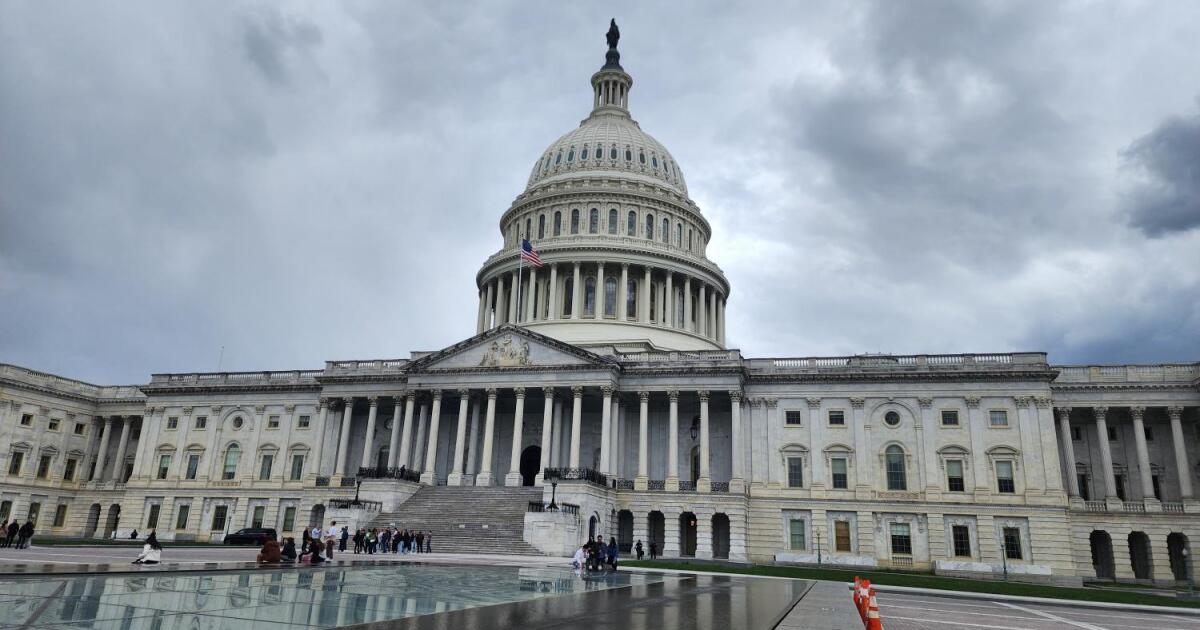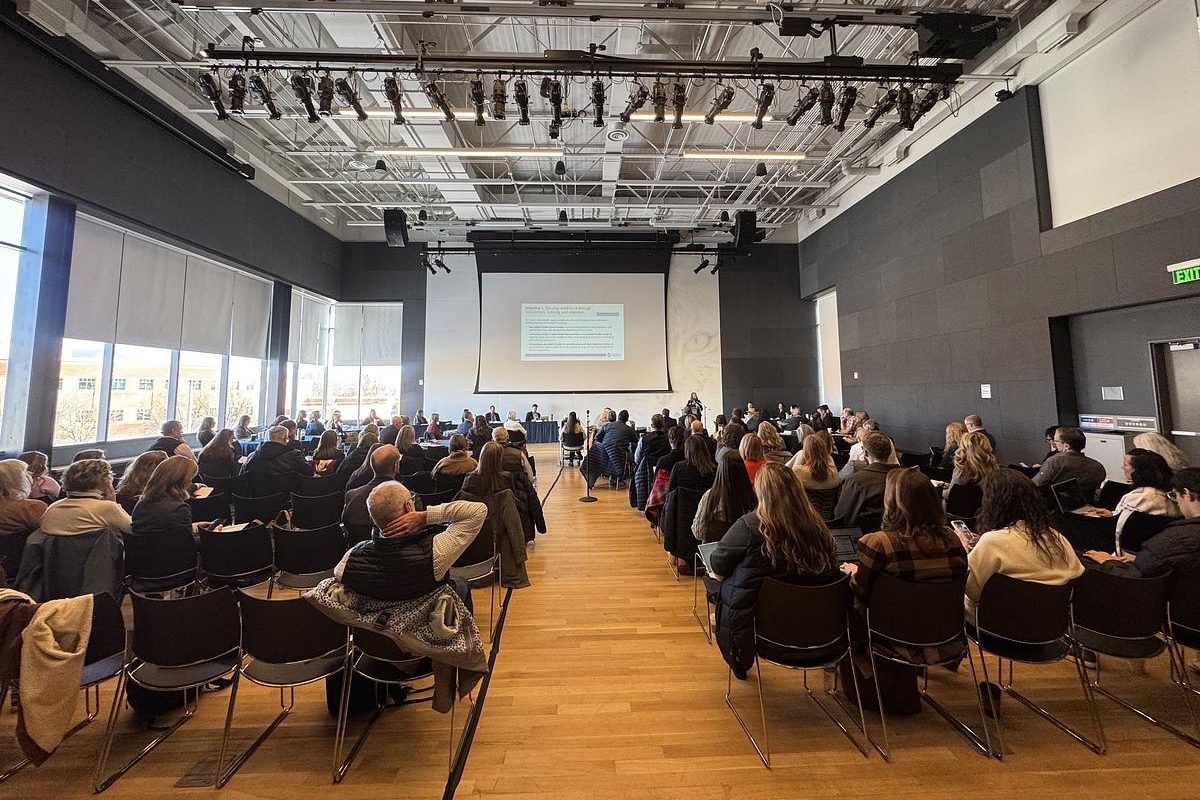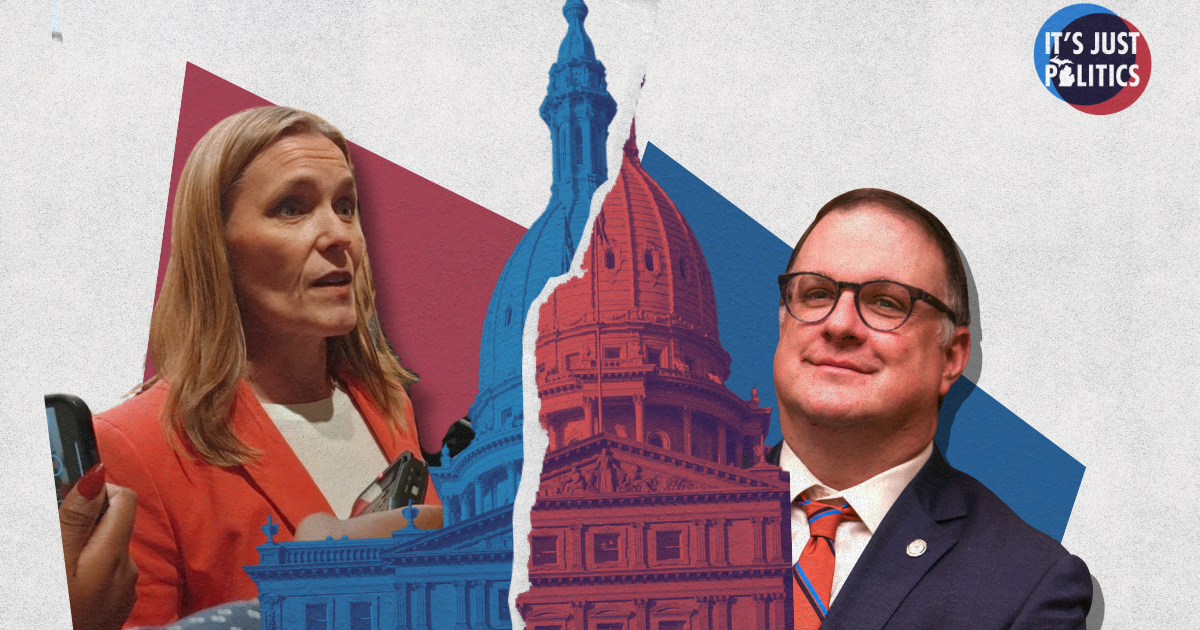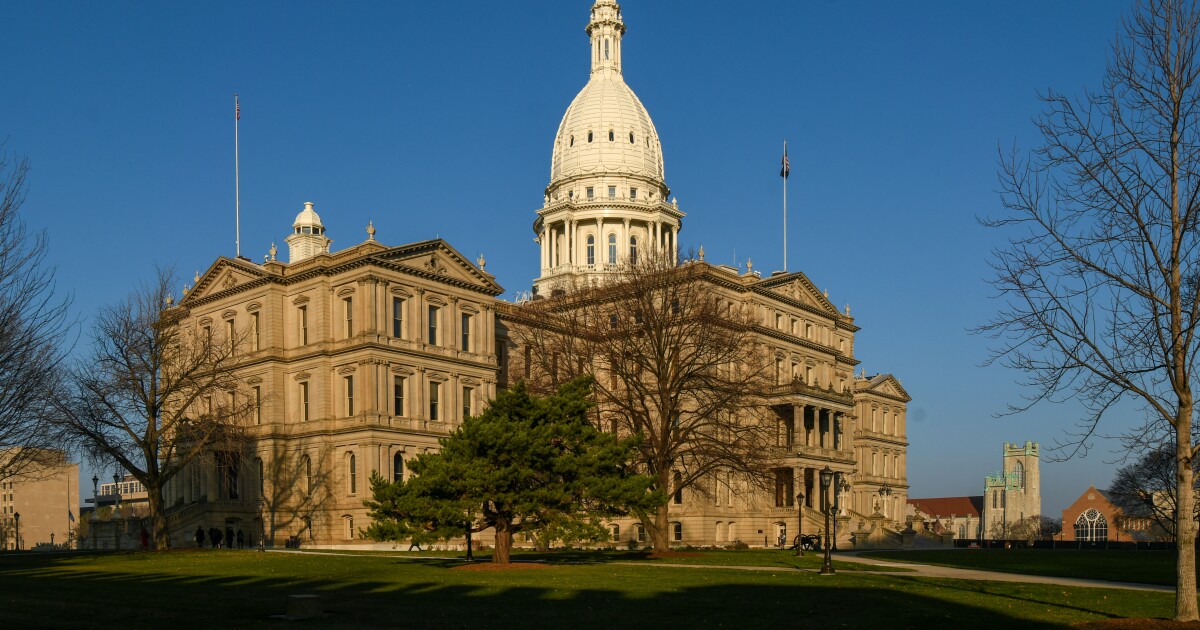Michigan Joins Legal Battle Over Halted EV Charger Funds
Michigan has become the latest state to participate in a lawsuit challenging the federal government’s suspension of funds designated for developing electric vehicle (EV) charging stations. This legal action stems from a multi-state coalition addressing the decision to withhold previously sanctioned federal funds.
Initially, Congress allocated these funds four years ago under President Joe Biden’s administration through the Infrastructure Investment and Jobs Act. However, when President Donald Trump assumed office, he issued an order to pause the disbursement of these funds to the states.
The lawsuit asserts that Michigan has been deprived of approximately $29 million in promised funds, which were intended for the state’s EV infrastructure project, as outlined in their plan.
Michigan Attorney General Dana Nessel remarked, “The Trump Administration’s decision to unilaterally cut off these funds is not only unlawful – it jeopardizes Michigan’s EV infrastructure, while threatening our economic growth and environmental progress.”
The federal pause involved revoking the approvals states needed under the National Electric Vehicle Infrastructure Formula Program, with the U.S. Department of Transportation citing a need for further review.
Transportation Secretary Sean P. Duffy defended the legality of the pause in a press release, stating, “The Biden-Buttigieg Administration failed miserably to deliver EV chargers despite their promises. Congress gave the Secretary the authority to issue program guidance and ensure money is being spent efficiently, and that’s exactly what we are doing.”
Duffy further criticized the plaintiff states for their slow implementation of the program. However, Ingrid Malmgren, senior policy director at Plug In America, countered this claim, explaining that establishing a new agency, rules, and plans was necessary before the states could utilize the funds.
Malmgren clarified, “It wasn’t so much that states aren’t interested in using this money and that they were dragging their feet. It was much more that there was a lot of ground work to lay before they could start spending the money and actually putting chargers in the ground.”
Malmgren also emphasized the program’s importance, particularly for supporting EV chargers in underserved areas. “Very rural areas, small communities where there wouldn’t be a lot of traffic and it didn’t make a lot of business sense to invest in these chargers, there was still funding available so that this charging network could be very comprehensive and complete,” she stated.
The lawsuit began in May with 16 states and Washington D.C. and resulted in a preliminary injunction against the Trump administration’s fund freeze in late June. Michigan is one of four states that have recently joined the suit.
Michigan had already initiated contracts for the initial phase of charging stations, with a second phase for 48 more stations in progress. The state warns that the funding halt could prevent the installation of another 65 chargers in the third phase.
—
Read More Michigan News

